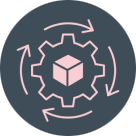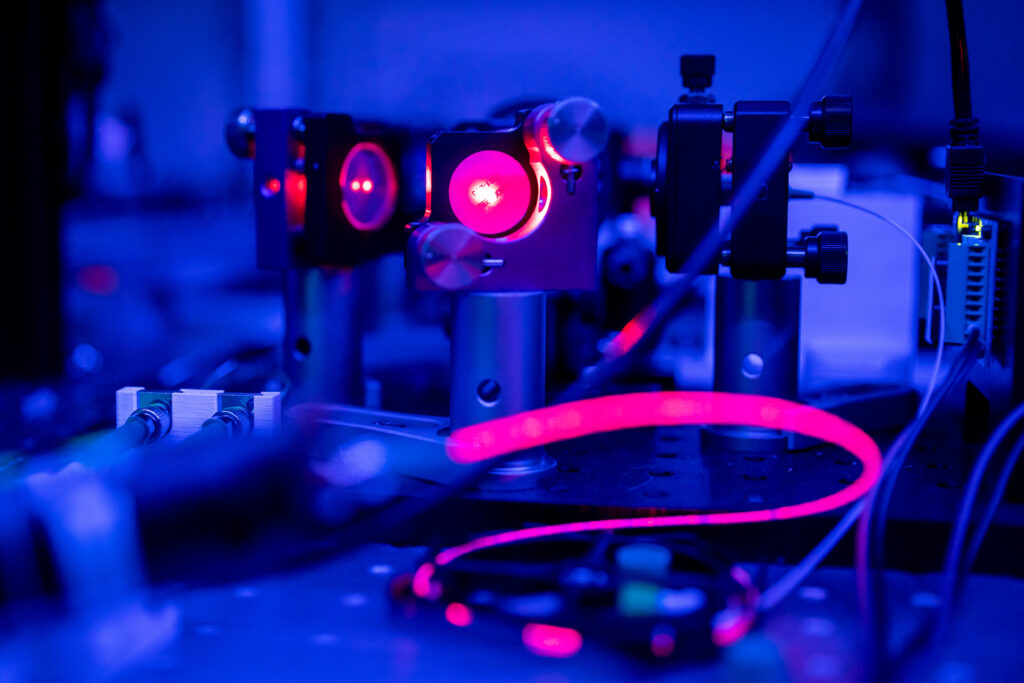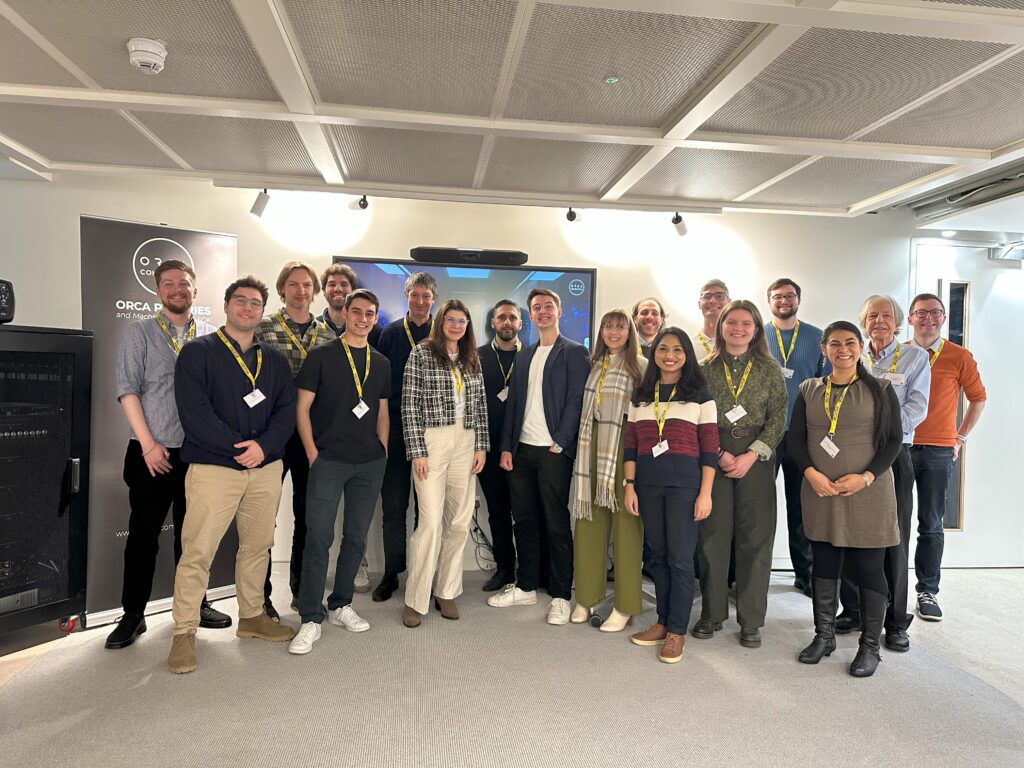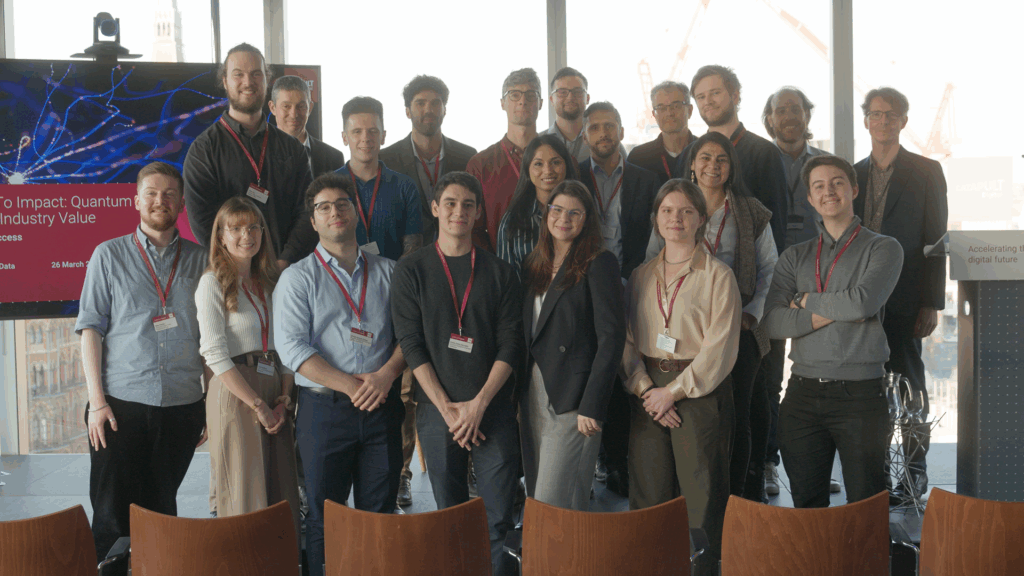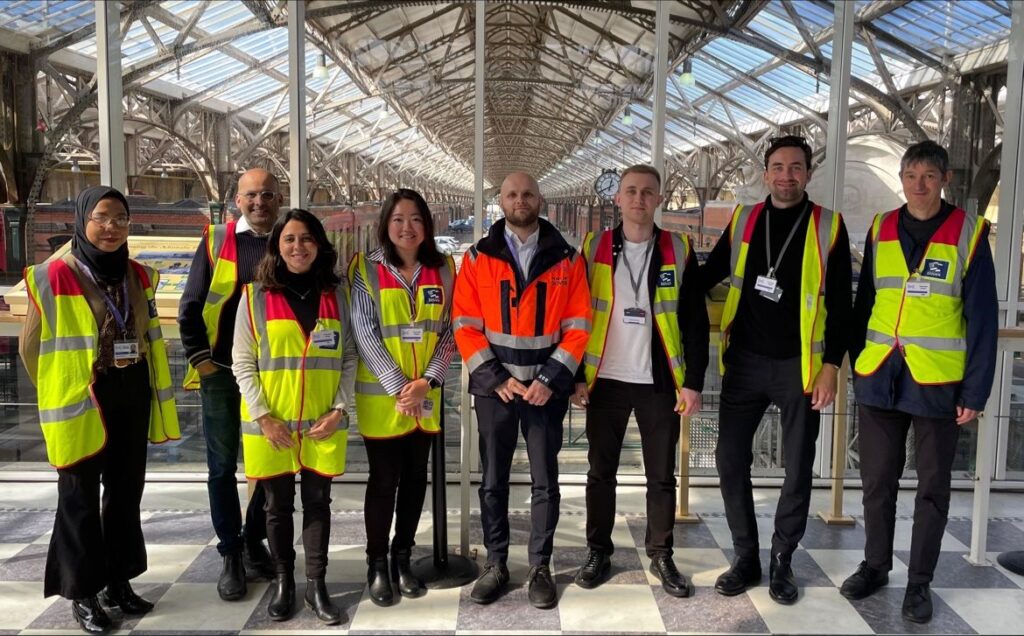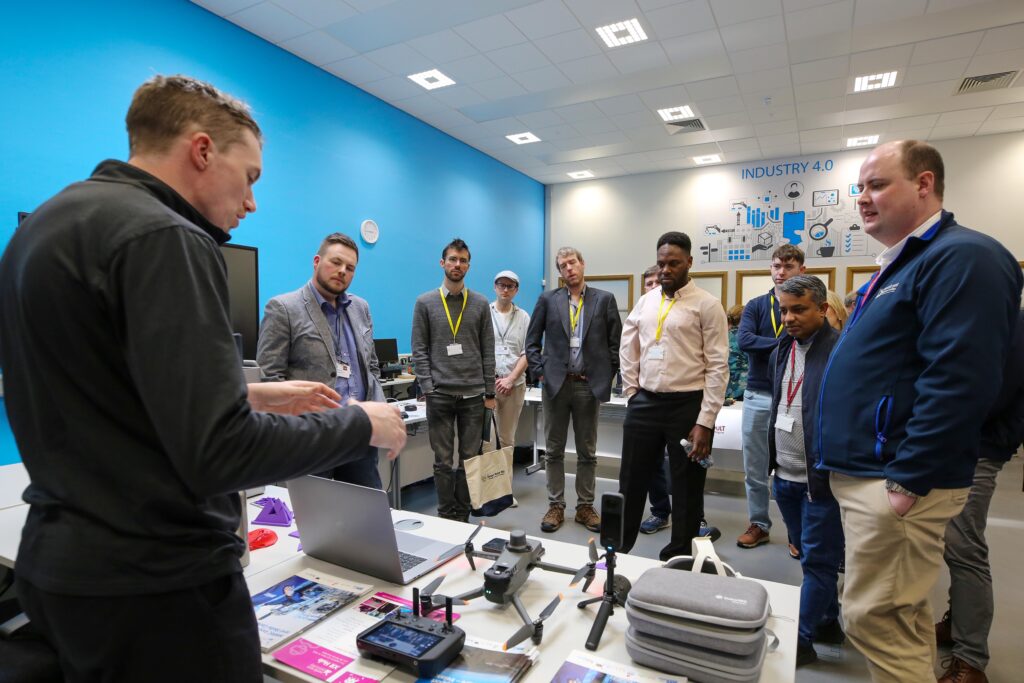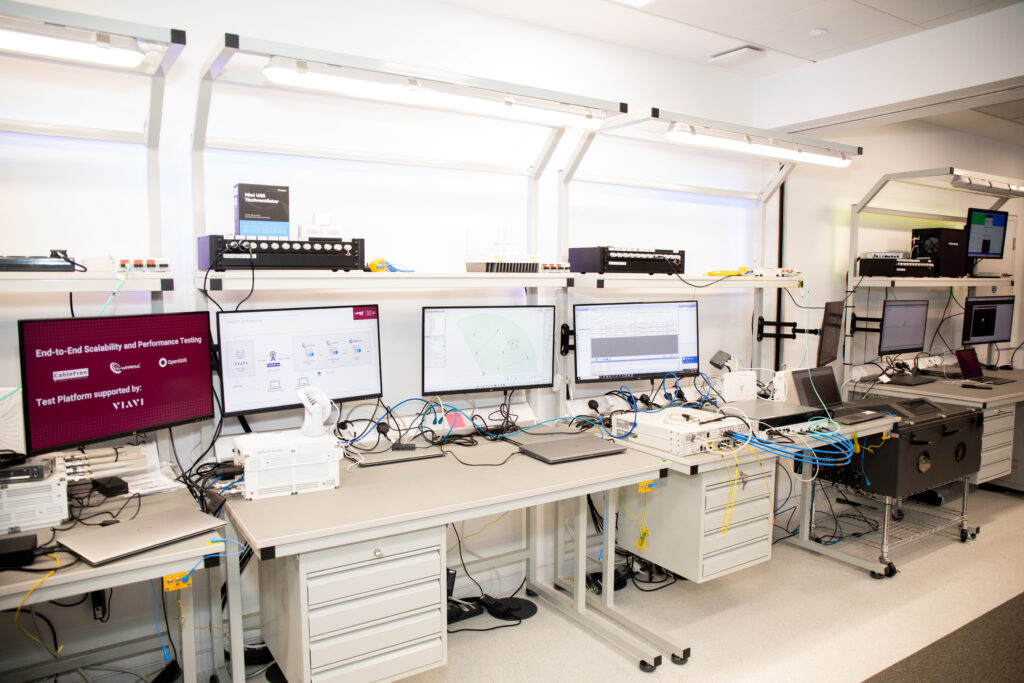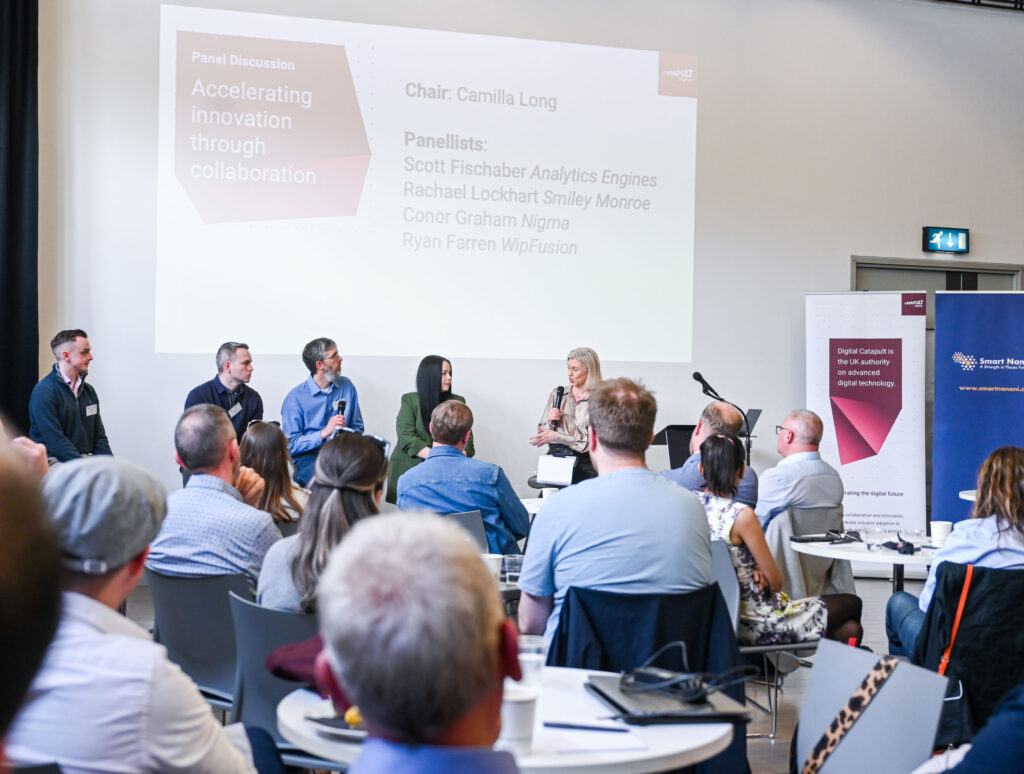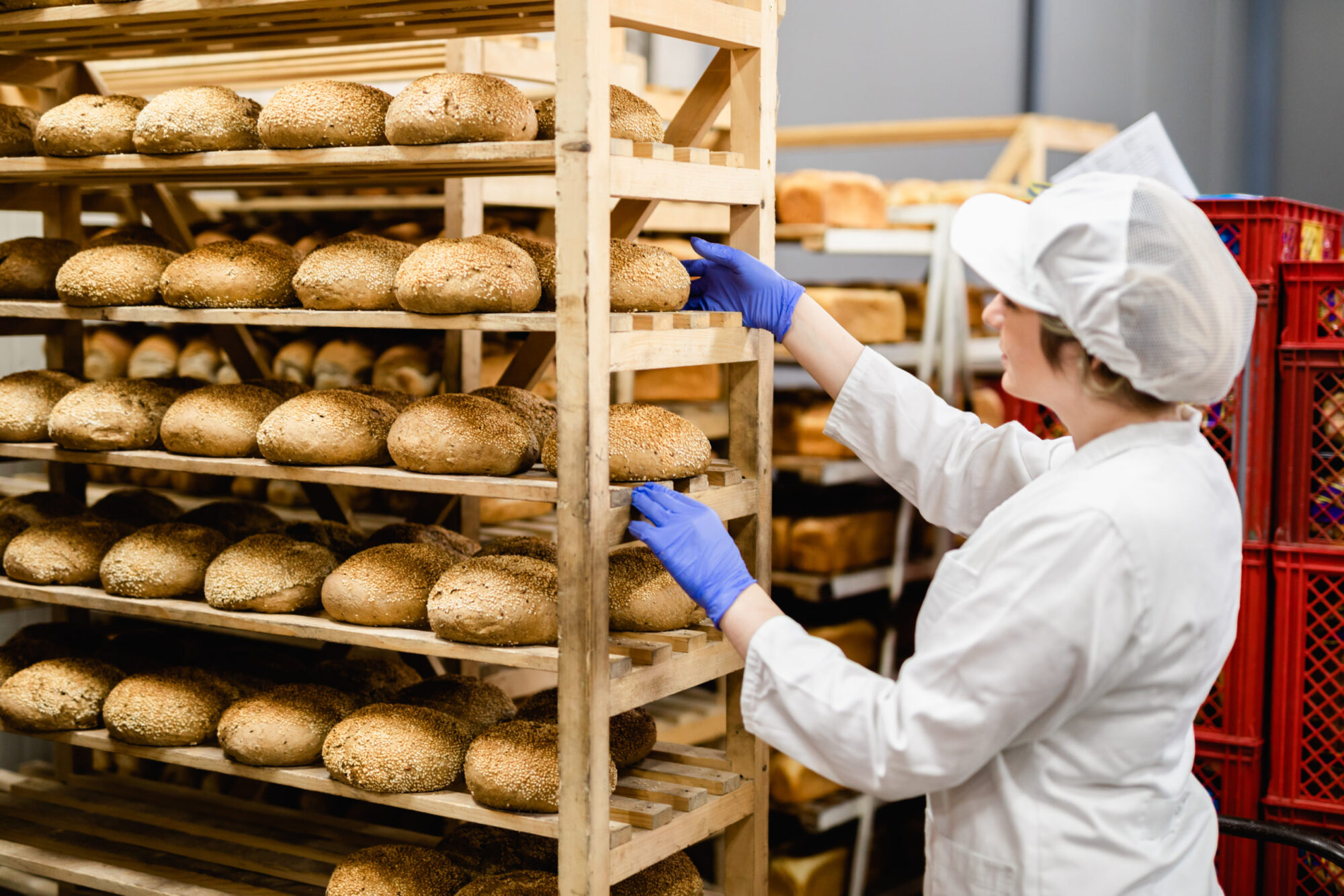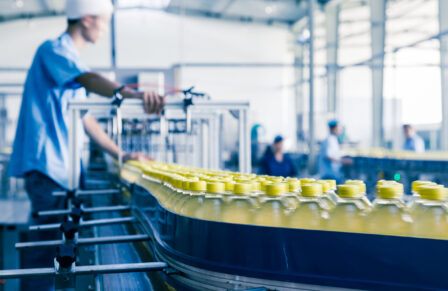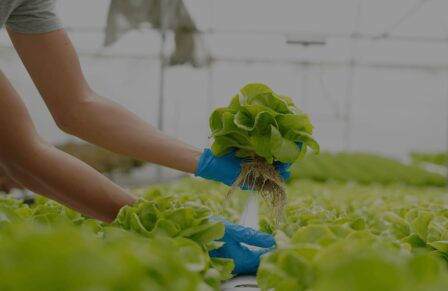Collaborative technologies
Technologies, like companies in supply chains, work best in collaboration rather than alone.
With the Internet of Things (IoT), we are able to collect, in real or near time, live information on the processes within and between companies, and completely replace the need for paper-based systems.
When this is combined with artificial intelligence – with its incredible ability to analyse large volumes of data patterns and relationships – companies can optimise their processes, predict delays or changes in demand, and even signal in advance when a fault in the production line is about to occur in ways previously unimaginable. When we then bring distributed systems – like blockchain – into the mix, this highly secure technology can then transform the way we approach auditing and supply chain finance.
Journey to a demonstrator
Digital Catapult is proud to be part of the ‘Digital Sandwich’ project, with its ambitious objective to create a modular platform to allow food and drinks businesses to connect online and share valuable data.
Looking back nearly 3 years since the project was first conceived, the world has changed in ways we couldn’t have imagined; from leaving the EU, to COVID-19, global supply chain shocks and now war in Europe. In spite of everything our group of innovators, led by Raynor Foods, are continuing to pioneer a new approach to the supply chain.
The outcome of our work will allow small and medium sized enterprises (SMEs), who don’t usually have access to this kind of technology, to benefit.
We’re leading on platform coordination bringing our experience in working with advanced digital technologies such as the internet of things (IoT), artificial intelligence, and distributed ledger technologies to the consortium – as well as providing access to leading edge expertise and R&D specialisms to drive the project forward.
An important milestone
Through our work on the Digital Sandwich, we’re now testing functionality that is central to the supply chain’s ‘Golden Thread’ – a digitised thread of information, or ‘digital passport’ – that captures an item’s journey through the supply chain, from farm to fork.
The focus of our first development phase was building the technology stack to support real-time information flow within one ‘node’ or part of the supply network; in this case, Raynor Foods’ manufacturing unit, from arrivals to dispatch. This included building the platform that can integrate with customers’ existing systems, extract intelligence that already exists in-house, and combine it with real-time metadata provided by the IoT technology. This is an important building block in our journey and takes the consortium one step closer to being able to connect all the nodes in a supply chain.
This work will eventually enable communication between product management, procurement planning teams, production workers, and even auditors. We’re carrying out testing on the part of the supply chain journey of a ham and cheese sandwich, which begins with the production management team and ends with the team managing the sandwich in the storage area, receiving area and sterilisation room.
A streamlined future
On the road to a more profitable, sustainable and resilient future, streamlining bumpy, fragmented supply chains is a mammoth task, but one industry cannot afford to neglect.
With SMEs, corporates and government joining this important movement – and with projects like the Digital Sandwich and DSCH, allowing for more experimentation and opportunities to gather and share data – the future ahead looks bright.
For more information about Digital Sandwich, click here.



